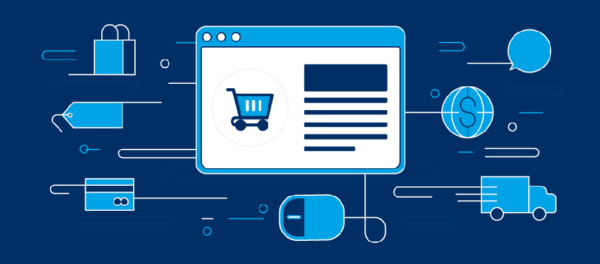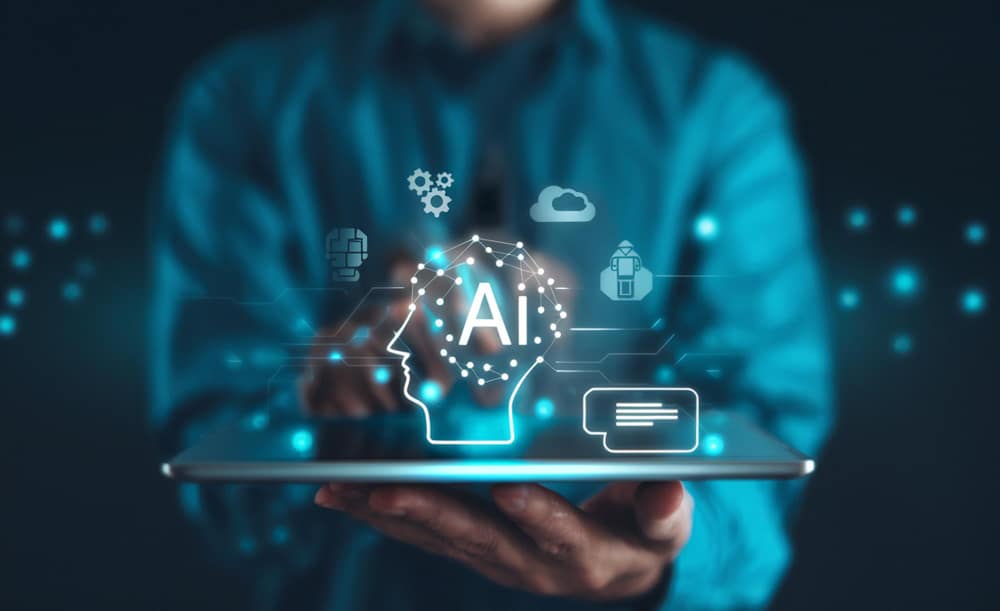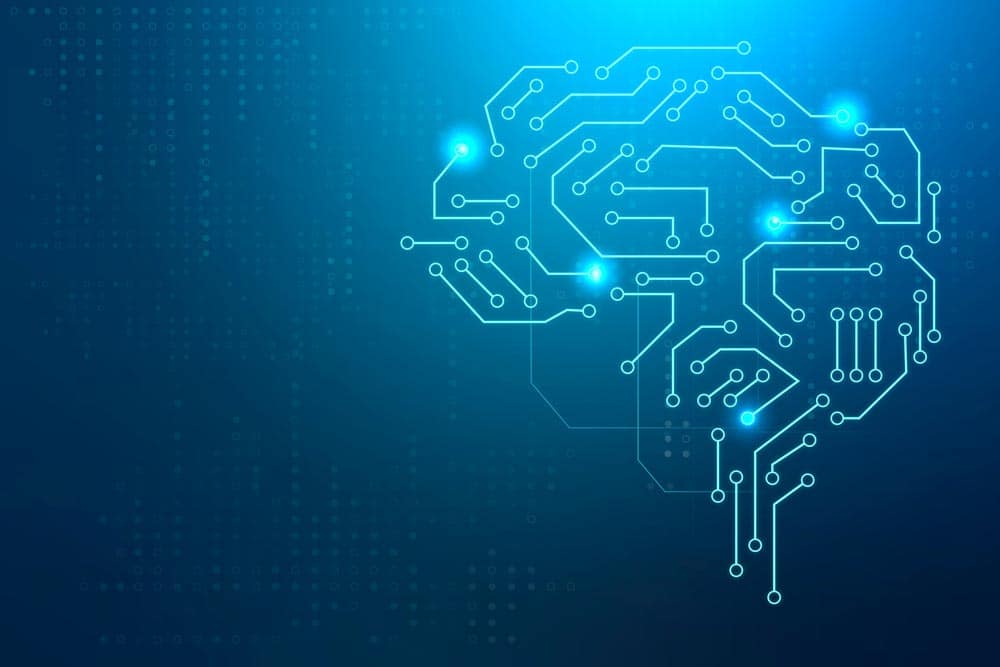Artificial intelligence is disrupting every industry today and the retail industry is no exception. In the years to come, the retail sector is going to experience significant changes. The retail industry is one of the largest industries in United States by workforce. According to the USA Bureau of Labor Statistics, the retail industry includes 9 million workers. Several mundane tasks will be eliminated and replaced with AI. Consider how some organizational departments and functions in the retail sector will be impacted by AI:
1. Supply Chain: The interdependent path that goods, components, and raw materials traverse before being assembled and sold to customers is known as the supply chain. Today most retailers rely on several associates in warehouses, distribution centers and stores for the inventory management process. However, some retailers have started to utilize AI robotics for this function. For example, to increase productivity and security, Amazon has implemented a new robotics system named Sequoia in its warehouses. Utilizing robotic arms and computer vision, the AI-driven device locates inventory and moves it to workers for distribution. Collaborative mobile robots are used by Office Depot in place of manual carts and pick-to-voice technology at a DC in Orlando, Florida, to enable effective picking of e-commerce and retail replenishment orders. With little walking required of the employees, these mobile robots collaborate closely with warehouse associates to quickly and precisely pick items.

In the near future more retailers will adopt AI robotics to streamline inventory management which can help them speed up customer orders. Furthermore, big box retailers may start to adopt robotics in physical retail stores for activities such as welcoming customers, arranging the aisle, scanning shelves and other related store functions. Machine Learning and Big Data will be rapidly adopted by retailers as big data analytics provides useful insights for maximizing inventory levels in the retail sector. Retailers may maintain ideal stock levels to satisfy customer needs while minimizing expenses associated with excess inventory or stockouts by using predictive analytics to forecast demand effectively.
2. Ecommerce: With many retailers closing stores and shifting most of their operations to ecommerce, AI is going to have a significant impact on their ecommerce operation. Retailers can utilize AI for price analysis on certain items to give customers insight into price changes over a certain period or to compare pricing for the same item with other retailers. Microsoft power AI-shopping located on its web search engine Bing gives customers price comparison. Retailers can adopt or develop such tools to give customers price trends.

Retailers can also use AI to help customers make better shopping decisions. For example, Amazon reviews at the bottom of shopping page are now powered by AI, the AI tool sums up numerous customer reviews into a few sentences thus customers do not have to read lengthy reviews regarding a product. Another way retailers can harness AI in ecommerce is to have AI powered shopping assistant that can assist customers with shopping experience and product recommendation. This will be especially useful since most big box retailers have multiple products categories and hundreds of thousands and possibly millions of SKUs on their website.
3. Procurement: This involves the buying of goods and services that retailers end up reselling to customers or for internal operations. Retailers can use AI powered tool for the manufacturer or supplier search process. Sometimes retailers spend numerous hours conducting industry analysis for a particular product. The famous ChatGPT from Open AI can be used this industry analysis. In addition, retailers can also use AI for the sourcing and supplier management process. Companies such as Levelpath have AI powered platform to manage procurement activities from the buying process, supplier intelligence and agreement renewal to sourcing and reporting.

Most retailers’ procurement intake process is time consuming, and employees spend hours exchanging emails with multiple stakeholders within the organization. AI powered tool such as Zip have a robust intake tool that retailers can leverage to manage stakeholders in the organization. Another big area where AI can play a role in procurement is spend insights and analytics. With AI, companies can streamline this process and have data centralized in a robust platform that is easily accessible when needed. AI companies such as Zip have developed tools that can rapidly clean up data, categorize suppliers and give detailed insights into spending.
4. Customer Service: According to a Forbes article, 96% of customers will leave because of bad customer service. Customer service is a key determinant of success for retailers. In fact, one of Amazon core leadership principles is customer obsession. Retailers must invest heavily in customer service and AI can help with that. For example, AI powered chatbot can be deployed on retailer’s website to provide answers to frequently asked questions and help customers have a pleasant shopping experience. Furthermore, retailers can use AI call centers to provide unparalleled customer service ranging from offering 24/7 call services and multilingual support. Internally, departments such Information Technology as can use AI call services and chatbot to answer IT related questions from employees.

To conclude, AI will play a significant role in shaping the retail industry. The examples given above are some of the few areas AI will disrupt in the retail sector. The retail industry is massive in terms of workforce and the impact on the economy is significant. The retail behemoths Walmart and Amazon have a combined USA workforce of 2.7 million. The question is, to what extent will retailers harness AI and what impact will it have on their workforce?
Most Recent Posts
Explore the latest innovation insights and trends with our recent blog posts.













